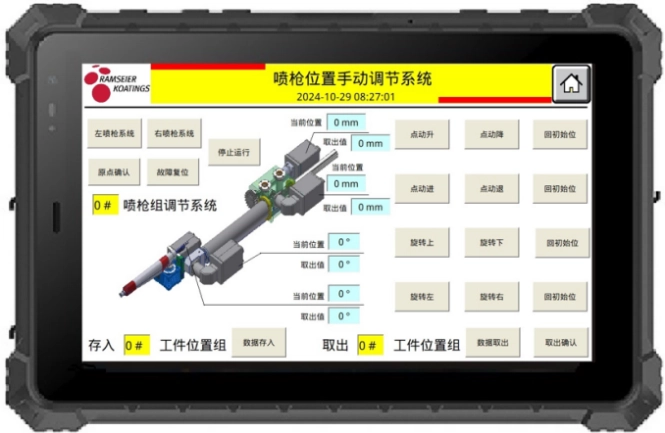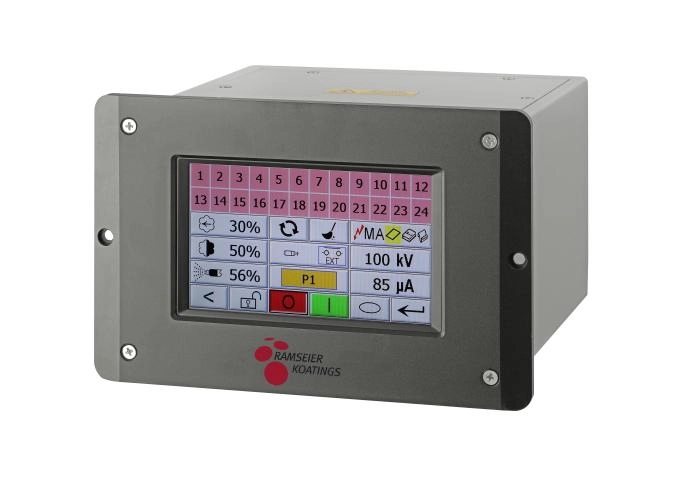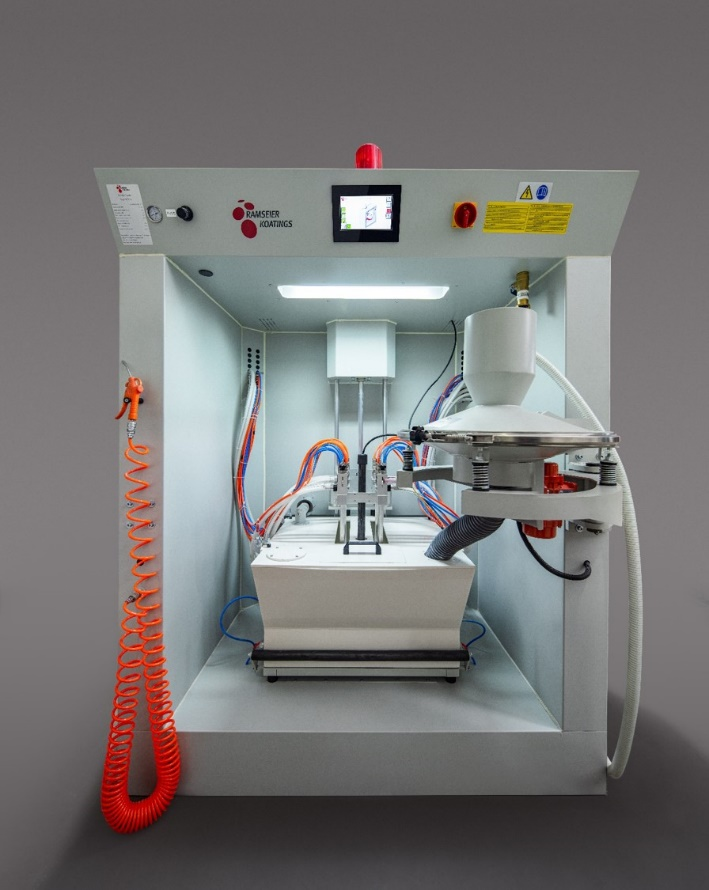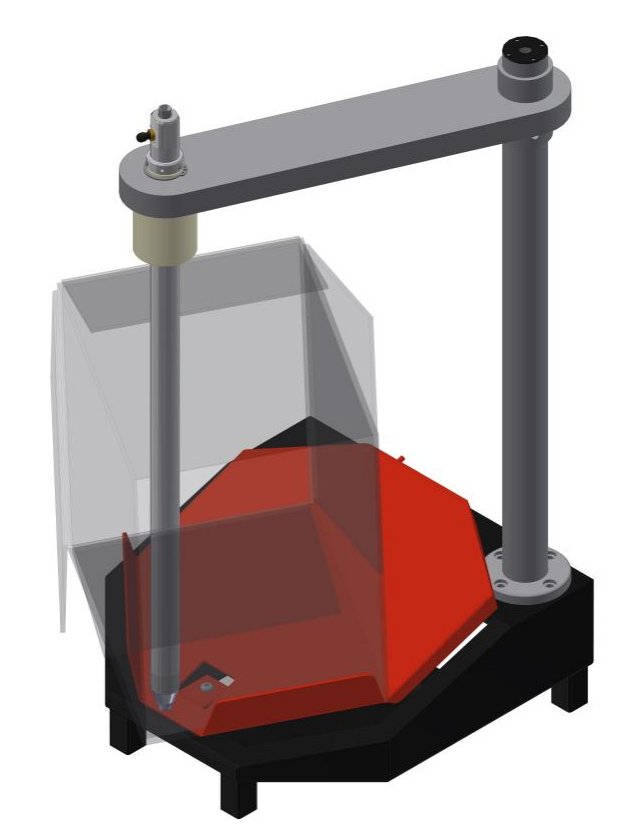Content Menu
● Understanding Data Management Systems in Factories
>> What Are Local Data Management Systems?
>> What Are Cloud-Based Data Management Systems?
● Key Differences Between Cloud-Based and Local Systems
>> Deployment and Infrastructure
>> Cost Structure
>> Scalability and Flexibility
>> Performance and Latency
>> Security and Compliance
>> Maintenance and Upgrades
● Advantages of Cloud-Based Data Management for Factories
>> Fast Deployment and Accessibility
>> Cost Efficiency and Predictability
>> Scalability and Innovation
>> Disaster Recovery and Business Continuity
>> Security and Compliance Support
● Advantages of Local Data Management for Factories
>> Full Control and Customization
>> Low Latency and High Performance
>> Regulatory Compliance and Data Sovereignty
>> Predictable Long-Term Costs
● Challenges and Considerations
>> For Cloud-Based Systems
>> For Local Systems
● Which System Is Best for Your Factory?
>> Decision Guidelines
● Implementing Your Data Management System
>> Planning and Assessment
>> Vendor Selection
>> Migration and Integration
>> Training and Change Management
● Conclusion
● Related Questions and Answers
In the era of Industry 4.0, factories are increasingly reliant on data to optimize operations, improve productivity, and maintain competitive advantage. Choosing the right data management system is crucial for achieving these goals. Two primary options exist: cloud-based data management systems and local (on-premises) data management systems. Each has distinct advantages and challenges that factories must consider carefully. This article explores the differences, benefits, and drawbacks of cloud-based versus local data management systems and offers guidance on selecting the best fit for your factory's unique needs.

Understanding Data Management Systems in Factories
Data management systems collect, store, process, and analyze data generated by manufacturing equipment, sensors, enterprise applications, and other sources. These systems enable factories to monitor production in real time, perform predictive maintenance, manage supply chains, and generate actionable insights.
What Are Local Data Management Systems?
Local or on-premises data management systems are installed and operated within a factory's own IT infrastructure. The hardware, software, and data reside physically on-site, giving the factory full control over the environment.
What Are Cloud-Based Data Management Systems?
Cloud-based systems host data and applications on remote servers maintained by third-party providers. Factories access these resources via the internet, often through web interfaces or APIs. Cloud services can be public, private, or hybrid, depending on the deployment model.
Key Differences Between Cloud-Based and Local Systems
Deployment and Infrastructure
Local systems require a significant upfront investment in servers, storage, networking, and IT staff to manage the infrastructure. Deployment can be time-consuming but offers complete control over hardware and software configurations.
Cloud systems offer rapid deployment without the need for physical infrastructure investment. Factories can provision resources on demand and scale them dynamically as workloads change.
Cost Structure
Local systems involve capital expenditures for hardware purchases and ongoing operational expenses for maintenance, power, cooling, and personnel. Costs tend to be fixed and can be high upfront.
Cloud systems typically operate on a pay-as-you-go model, converting capital expenses into operational expenses. Factories pay only for the storage, compute power, and services they consume, allowing for cost flexibility and reduced initial investment.
Scalability and Flexibility
Local systems scale by adding physical or virtual infrastructure, which can be costly and slow. Overprovisioning is common to avoid capacity shortages, leading to inefficiencies.
Cloud systems provide elasticity, enabling factories to scale resources up or down instantly based on demand. This agility supports fluctuating workloads and accelerates innovation cycles.
Performance and Latency
Local systems can deliver low latency and high performance due to physical proximity to data sources, assuming well-maintained and properly sized infrastructure.
Cloud systems benefit from vast computing resources and modern data platforms optimized for advanced analytics. However, network latency and internet reliability can impact real-time processing in some cases.
Security and Compliance
Local systems give factories full control over security policies, data governance, and compliance with industry regulations. This is often preferred in highly regulated sectors or where data sensitivity is paramount.
Cloud providers implement robust security measures, including encryption, access controls, and compliance certifications. Security responsibility is shared between the provider and the factory, requiring clear understanding and management of roles.
Maintenance and Upgrades
Local systems require in-house IT teams to manage hardware maintenance, software updates, backups, and disaster recovery planning.
Cloud providers handle infrastructure maintenance, software patches, and backups, reducing the operational burden on factory IT staff and ensuring access to the latest technologies.
Advantages of Cloud-Based Data Management for Factories
Fast Deployment and Accessibility
Cloud solutions can be deployed quickly without the need for physical setup. They enable anytime, anywhere access, supporting remote monitoring and collaboration across multiple factory sites.
Cost Efficiency and Predictability
The subscription-based pricing model allows factories to avoid large upfront costs and pay only for what they use. This can improve budgeting and free capital for other investments.
Scalability and Innovation
Cloud platforms offer near-instant scalability to meet changing demands. They also provide access to cutting-edge technologies such as AI, machine learning, and advanced analytics that can drive smarter manufacturing.
Disaster Recovery and Business Continuity
Cloud providers maintain geographically dispersed data centers with redundant backups, ensuring rapid recovery from outages, natural disasters, or hardware failures.
Security and Compliance Support
Leading cloud providers invest heavily in security infrastructure and compliance certifications, helping factories meet regulatory requirements without building all capabilities internally.
Advantages of Local Data Management for Factories
Full Control and Customization
Factories maintain full control over their data and infrastructure, allowing for tailored configurations that meet specific operational needs and security policies.
Low Latency and High Performance
On-premises systems can deliver superior performance for latency-sensitive applications, such as real-time control systems and high-frequency data acquisition.
Regulatory Compliance and Data Sovereignty
Factories in industries with strict data protection laws or internal policies may prefer local systems to ensure data never leaves their premises.
Predictable Long-Term Costs
While upfront costs are higher, local systems may have lower ongoing expenses in stable environments with predictable workloads.
Challenges and Considerations
For Cloud-Based Systems
- Dependence on reliable internet connectivity.
- Shared security responsibility requires clear governance.
- Potential concerns about data privacy and control.
- Possible vendor lock-in and migration complexity.
For Local Systems
- High upfront capital investment.
- Need for skilled IT staff to manage and maintain infrastructure.
- Limited scalability and slower adoption of new technologies.
- Risk of hardware failures and longer recovery times.
Which System Is Best for Your Factory?
Choosing between cloud-based and local data management systems depends on multiple factors unique to your factory's operations, goals, and constraints.
| Factor | Cloud-Based Advantage | Local System Advantage |
| Initial Investment | Low upfront cost, pay-as-you-go | Higher upfront cost but predictable long-term cost |
| Scalability | Instant scaling and flexibility | Limited by physical infrastructure |
| Performance and Latency | High computing power but potential network latency | Low latency due to proximity |
| Security and Compliance | Shared responsibility, provider certifications | Full control, preferred for sensitive data |
| Maintenance and Upgrades | Provider manages updates and backups | Requires in-house IT management |
| Accessibility and Collaboration | Accessible anywhere with internet | Access limited to on-site or VPN users |
Decision Guidelines
- If your factory requires rapid scalability, remote access, and the latest analytics tools, cloud-based systems are likely the better fit.
- If your factory operates in a highly regulated environment, requires low latency, or has existing IT infrastructure and staff, local systems may be preferable.
- Hybrid approaches combining both cloud and local resources can also offer balanced benefits.
Implementing Your Data Management System
Planning and Assessment
Begin by assessing your current IT infrastructure, data volume, security requirements, and business objectives. Engage stakeholders from IT, operations, and compliance teams.
Vendor Selection
Evaluate cloud providers or local system vendors based on their offerings, reliability, security posture, and support services. Consider providers with experience in manufacturing environments.
Migration and Integration
Plan data migration carefully to avoid downtime or data loss. Ensure integration with existing factory systems such as SCADA, MES, and ERP.
Training and Change Management
Equip your team with training on the new system's features and security practices. Manage change effectively to maximize adoption and minimize disruption.
Conclusion
Both cloud-based and local data management systems have distinct strengths and weaknesses for factory environments. The best choice depends on your factory's size, regulatory landscape, IT capabilities, budget, and strategic priorities. Cloud systems offer agility, cost efficiency, and access to advanced technologies, while local systems provide control, performance, and data sovereignty. Many factories find hybrid solutions that leverage the best of both worlds to be the most effective approach for their digital transformation journey.
Related Questions and Answers
Q1: Can a factory switch from a local system to a cloud-based system easily?
A1: Migration is possible but requires careful planning to ensure data integrity, minimal downtime, and integration with existing systems. Hybrid models can ease transition.
Q2: How does cloud data management improve factory analytics?
A2: Cloud platforms offer scalable computing power and advanced AI/ML services, enabling deeper insights and faster decision-making.
Q3: What security measures do cloud providers implement for factory data?
A3: They use encryption, multi-factor authentication, intrusion detection, and comply with industry standards to protect data.
Q4: Are there industries where local data management is mandatory?
A4: Yes, sectors like defense, healthcare, and finance often require on-premises systems due to strict data privacy and compliance regulations.
Q5: What is a hybrid data management system?
A5: It combines local and cloud resources, allowing factories to keep sensitive data on-premises while leveraging cloud scalability for other workloads.

[1] https://www.teradata.com/insights/data-architecture/on-premises-vs-cloud
[2] https://www.cnblogs.com/apachecn/p/18462374
[3] https://www.cleo.com/blog/knowledge-base-on-premise-vs-cloud
[4] http://www.cupl.cc/kyyyzhenti.html
[5] https://www.stitchdata.com/resources/compare-on-premises-and-cloud-data-warehouse/
[6] https://github.com/zhanglongLee/Lee_English_Web/blob/main/english_study_web.sql
[7] https://start.docuware.com/blog/document-management/on-premises-vs.-cloud-based-document-management-which-is-right-for-you
[8] https://ia800600.us.archive.org/5/items/ittushu-2470/%E6%B8%85%E5%8D%8E%E5%A4%A7%E5%AD%A6%E5%9B%BE%E4%B9%A6%E9%A6%86-%E6%88%98%E7%96%AB%E7%89%88/H_%E8%AF%AD%E8%A8%80%E3%80%81%E6%96%87%E5%AD%97/12133_%E5%9B%BD%E9%99%85%E4%BA%A4%E6%B5%81%E8%8B%B1%E8%AF%AD%E9%98%85%E8%AF%BB%E8%BF%9B%E9%98%B6%E6%95%99%E7%A8%8B_text.pdf
[9] https://flatrocktech.com/blog/cloud-based-vs-traditional-databases
[10] https://theses.lib.polyu.edu.hk/bitstream/200/7498/1/b27473065.pdf
Hot Tags: China, Global, OEM, private label, manufacturers, factory, suppliers, manufacturing company










































 .
. 